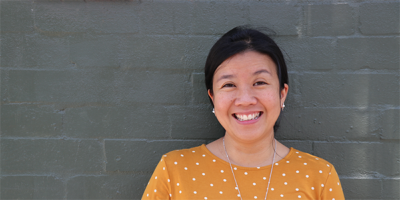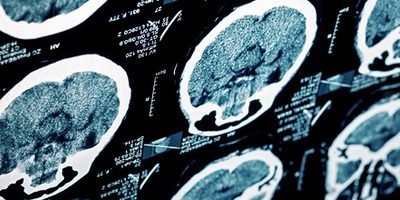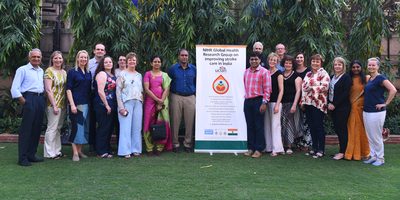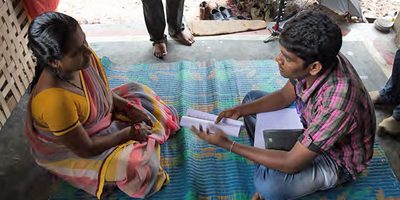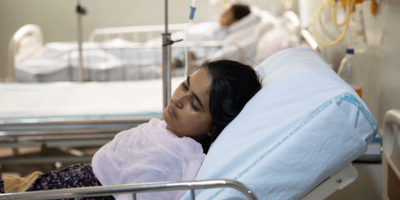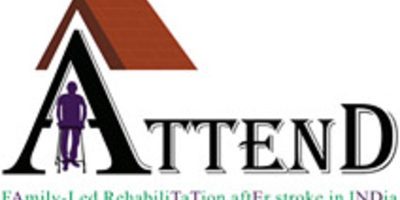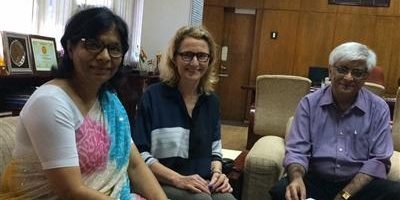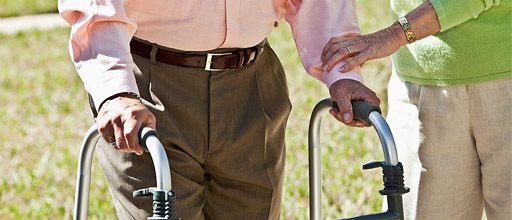
Family-Led Rehabilitation after Stroke in India - The ATTEND Trial
Globally, some 87% of stroke occurs in low- and middle-income countries with many people in these countries, such as India, having no access to stroke rehabilitation. Western models of stroke rehabilitation are currently unaffordable, and are likely to remain so for some decades, but evidence from the Stroke Unit and Early Supported Discharge Rehabilitation Trials suggest that components of these interventions could be introduced in a low-cost model.
Health in India is in transition with decreasing poverty-related infection and nutritional deficiency diseases and increasing chronic disease. Annual estimated stroke incidence is 135 to 145 per 100,000, with early case fatality rates ranging from 27% to 41%. This equates to ~1.5 million people having a stroke each year, leading to a further 500,000 people, each year, living with stroke-related disability. Although there is a paucity of data on the long-term consequences of stroke on families in India, anecdotal evidence indicates a significant burden, particularly in rural areas.
Data collection completeion date: 07/2016
Objectives
The primary aim of the study is to determine whether stroke recovery at home given by a trained family member is an effective, affordable strategy for those with disabling stroke in India when compared to usual care. Secondary aims are to determine if Early Supported Discharge with a trained family-led caregiver-delivered, home-based rehabilitation program reduces hospital length of stay; reduces death or dependency (as measured by scores of three to six on the modified Rankin Scale) of people with stroke three months after randomisation; improves patient and caregiver mood at six months; and reduces caregiver burden.
Inclusion criteria
- Adults (≥18 years)
- Recent (< one month) acute ischaemic/haemorrhagic/undifferentiated stroke
- Residual disability (requiring help from another person for everyday activities)
- Expected to survive to discharge from hospital with a reasonable expectation of six month survival (i.e. not palliative, no evidence of widespread cancer etc.)
- Able (or by proxy) to provide informed consent
- Access to a telephone
Exclusion criteria
- Unable to identify a suitable family-nominated caregiver for training and subsequent delivery of care
- Those unwilling/unable to adhere to follow-up
Study Design
ATTEND is a multicentre, randomised, blinded outcome assessor, controlled trial.
Study Sample Size
1200 people with mild to moderate disability were recruited in the study across India.
Benefits
Considering the cultural and family structure in India this trial if it is positive it would pave way for a major change in practice in stroke rehabilitation both in developed and developing countries.
Status
Study has ended. Data is being analysed, initial results were presented at the World Stroke Congress in October 2016.





